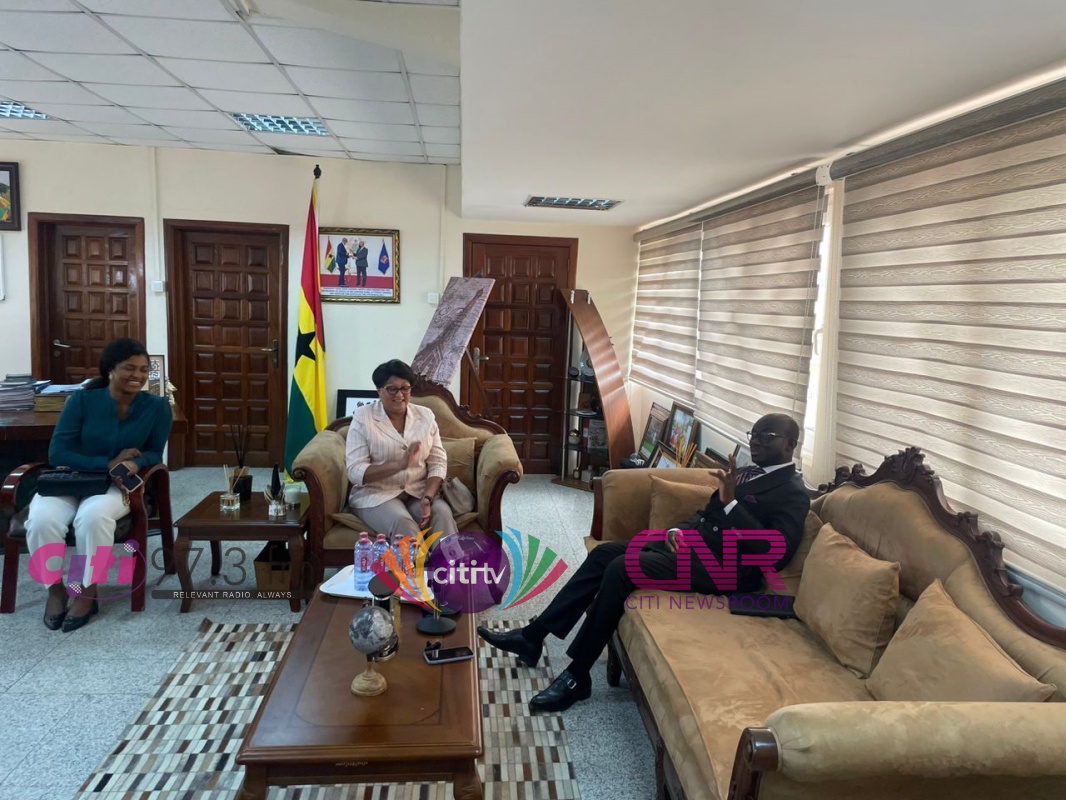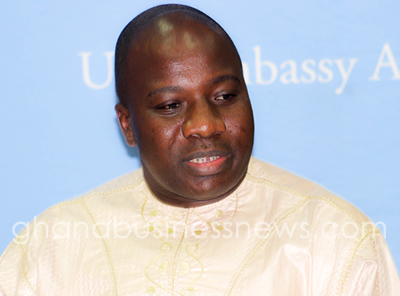
A report dubbed “Governance Series Report Wave 1”, launched by the Ghana Statistical Service (GSS), has revealed that over 70% of Ghanaians believe that the current political system we operate in Ghana offers little or no space for them to influence decision-making in governance.
The report also stated that nearly 1 in 6 citizens interviewed, i.e. 18.4% of respondents, who interacted with public officials in 2024 gave a gift as a form of bribery, mostly in the form of money, to access services.
The foreword of the report, which was launched on Wednesday, May 28, said that drawing on the principles of good governance, this survey aims to understand the inclusiveness, responsiveness, bribery, and corruption within Ghana’s public sector.
It is the experiences and perceptions of individuals on good governance. Particularly widely acknowledged that the foundation of good governance rests on the ability of Individuals to actively participate in society, contribute meaningfully to policy development, and voice dissent without fear of reprisal.
Having a voice in governance also strengthens policy integrity and legitimacy: it ensures the accountability of officials and significant deprivations. Political voice also reduces the potential for conflicts and public institutions. reveals what people need and value, and calls attention to enhance the prospect of building consensus on key issues, with payoffs for economic efficiency, social equity, and inclusiveness in the public space.
This panel survey, dubbed the ‘Governance Series”, is an effort by the Ghana Statistical to understand the challenges and opportunities related to the population’s experiences Service (GSS) to offer empirical analysis by following a cohort of respondents bi-annualy and perceptions of governance in the country.
By identifying areas for improvement and monitoring progress, we strive towards a strong governance system that is inclusive, responsive, and free from bribery and corruption, thereby, fostering an environment conducive to driving rapid socio-economic development. The first wave was conducted in January 2025 with a reference period of January to December 2024. Subsequent waves will be conducted every six months.
“These survey results utilise the valuable insights to illuminate the nuances of these governance dimensions within the public sector. The findings will provide a powerfuller to examine the current state, highlighting areas of strength and those requiring attention in our governance system. By gathering this data, we aim to understand how effectively our governance system functions, whether it inclusively serves all members of society how responsive it is to the needs of stakeholders, and the prevalence and nature of bribery and corruption,” the foreword said.
Ultimately, it added this survey serves as a call to action for all stakeholders, including ordinay citizens, on the responsibilities placed on us to build strong institutions as envisaged by the Constitution for a prosperous country.
“We are delighted that we have the opportunity to provide quality, relevant, accurate, and timely statistics for the purposes of national development,” it said.

Key Findings of Governance Series Wave 1 May 2025
1) A little more than half (56%) respondents access public services
2) over 70% of Ghanaians believe that the current political systemwe operate in Ghana offers little or no space for them to influence decision-making in governance;
3) Nearly 1 in 6 citizens interviewed (i.e. 18.4% of respondents) who interacted with public officials in 2024 gave a gift as a form of bribery, mostly in the form of money, to access services;
4) Money (85%) is the main mode of paying bribes
5) 9% of respondents refused to pay bribes.
6) About 14% of respondents reported bribery to anti-corruption agencies
7) Bribery was more common among males (68.3%) than females (31.7%), and urban residents (64.3%) than rural dwellers (35.7%);
8) Approximately 1 in 5 individuals (21.1%) living with disabilities reported giving gifts as bribery, with significantly higher rates among those with physical impairments (*40.1%) and visual impairments (32.5%); and
9) At the regional level, Greater Accra (22.0%) and Ashanti (18.1%) , all together 40.1% recorded the highest incidences of gift-giving, while “Savannah (1.0%) and North East (1.1%) reported the lowest.
The post Over 70% of Ghanaians believe the current political system offers little or no space to influence decision-making – GSS Report first appeared on 3News.
Read Full Story


















Facebook
Twitter
Pinterest
Instagram
Google+
YouTube
LinkedIn
RSS